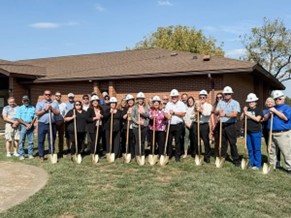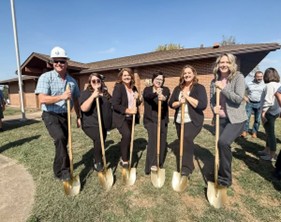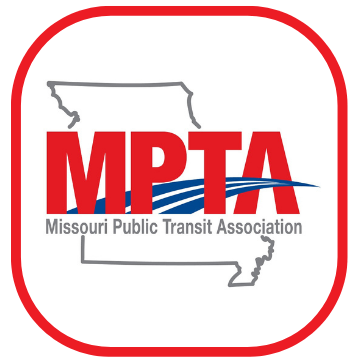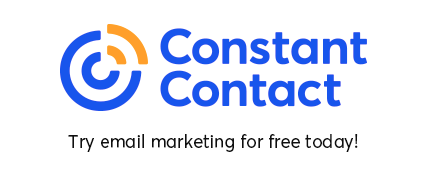Image

UPDATES AND ANNOUNCEMENTS
Any updates or announcements from the latest edition of the InTransit Newsletter will be posted here.
PREVIOUS INTRANSIT NEWSLETTERS
Previous InTransit Newsletters
- InTransit May 2025
- InTransit April 2025
- InTransit March 2025
- InTransit February 2025
- InTransit January 2025
- InTransit December 2024
- InTransit November 2024
- InTransit October 2024
- InTransit September 2024
- InTransit August 2024
- InTransit July 2024
- InTransit June 2024
- InTransit May 2024
- InTransit April 2024
- InTransit March 2024
- InTransit February 2024
- InTransit January 2024
- InTransit December 2023
- InTransit November 2023
- InTransit October 2023
- InTransit September 2023
- InTransit August 2023
- InTransit July 2023
- InTransit June 2023
- InTransit May 2023
- InTransit April 2023
- InTransit February 2023

